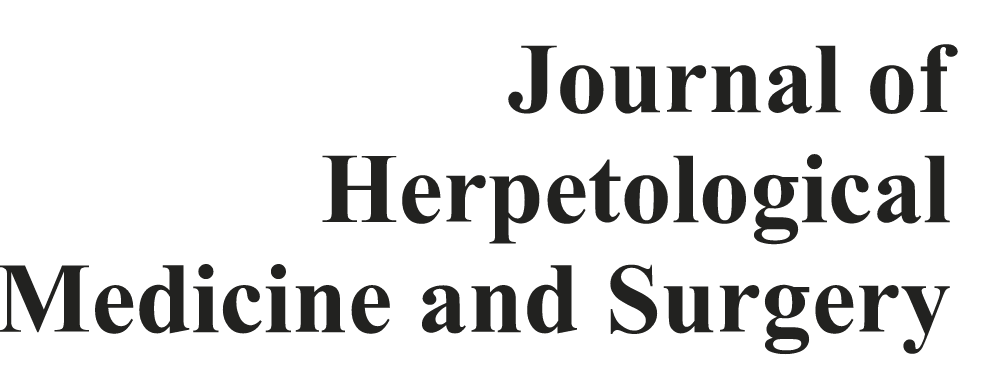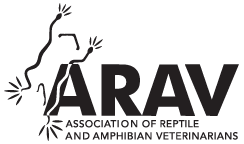Evaluation of Euthanasia Methods Using Injectable Agents in Leopard Geckos (Eublepharis macularius)
Reptile euthanasia techniques are poorly described. This nonblinded randomized study compared pentobarbital, lidocaine, and potassium chloride (KCl) for leopard gecko (Eublepharis macularius) euthanasia at 20°C (68°F) and evaluated for postmortem artifacts. Fifty-three clinically healthy adult leopard gecko were scheduled for euthanasia due to Cryptosporidium varanii exposure. Based on pilot-study results, geckos randomly received one of six treatments: intracoelomic (ICo) pentobarbital 400 mg/kg (ICo-P4, n = 9) or 800 mg/kg (ICo-P8, n = 9), intramuscular (IM) alfaxalone 20 mg/kg followed by intracardiac (ICa) pentobarbital 800 mg/kg (ICa-P, n = 9), KCl 10 mEq/kg (ICa-K, n = 9), or lidocaine 100 mg/kg (ICa-L, n = 9) or IM alfaxalone 20mg/kg (IM-A, n = 8, control). Serial Doppler heart rate assessments were performed until cardiac arrest, 30 min (ICa groups), or 60 min (ICo groups) posttreatment. Cardiac arrest occurred in 7/9, 9/9, 9/9, 8/9, and 8/9 geckos in ICo-P4, ICo-P8, ICa-P, ICa-K, and ICa-L, respectively, with median (range) times of 35 (25–45), 30 (15–60), 0 (0–6.33), 0 (0–0.05), and 0 (0–0.03) min. Side effects were noted in a subset of ICo-P (arched posture) and ICa-K (muscle spasms) geckos. Six geckos in ICa-L had Doppler sound resumption several hours following cessation, with three displaying spontaneous movement. All geckos in IM-A recovered. Intracardiac pentobarbital following IM alfaxalone caused rapid, permanent loss of heartbeat in all tested geckos. Intracoelomic pentobarbital was also effective, but had a prolonged time to cardiac arrest. Intracardiac lidocaine is not recommended for leopard gecko euthanasia.Abstract



